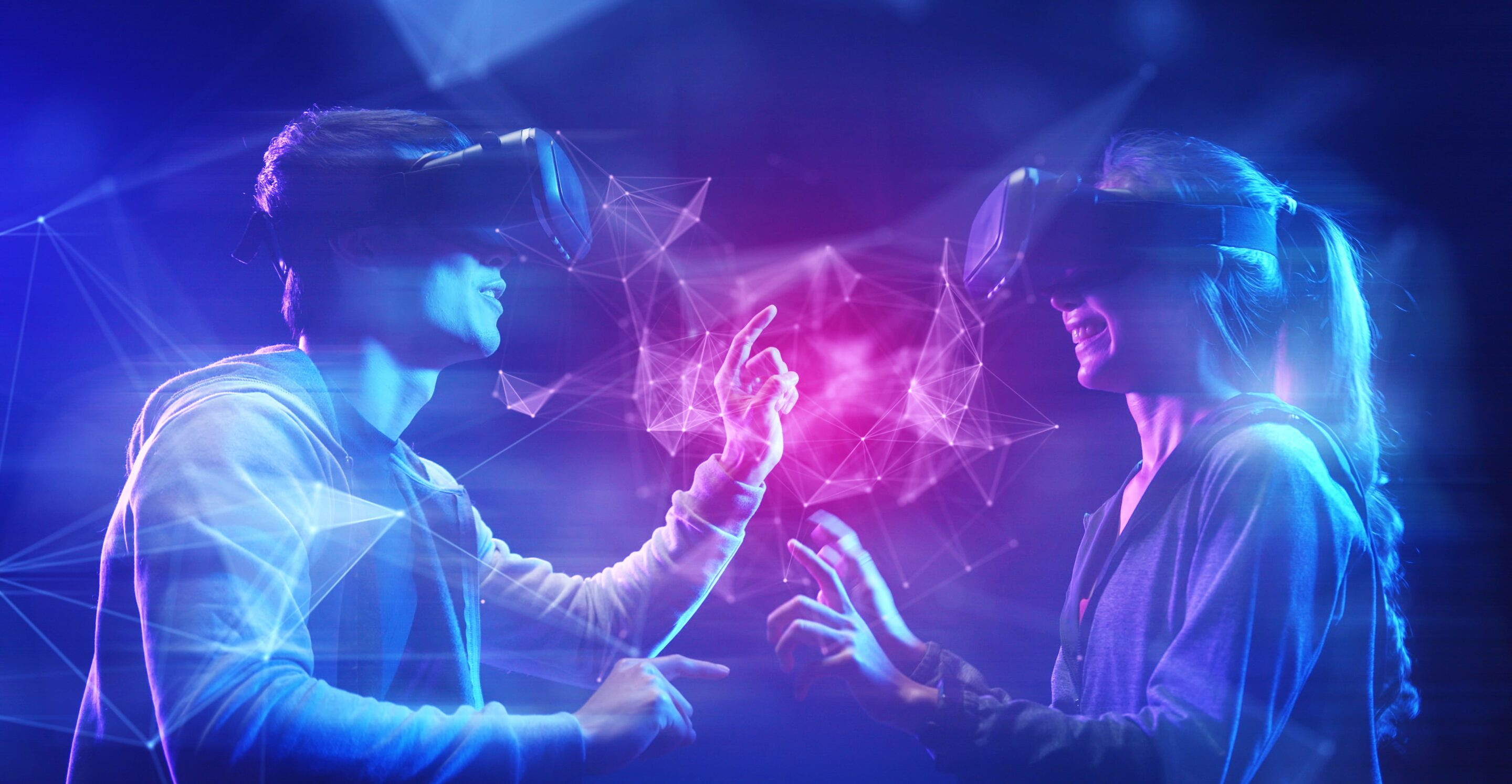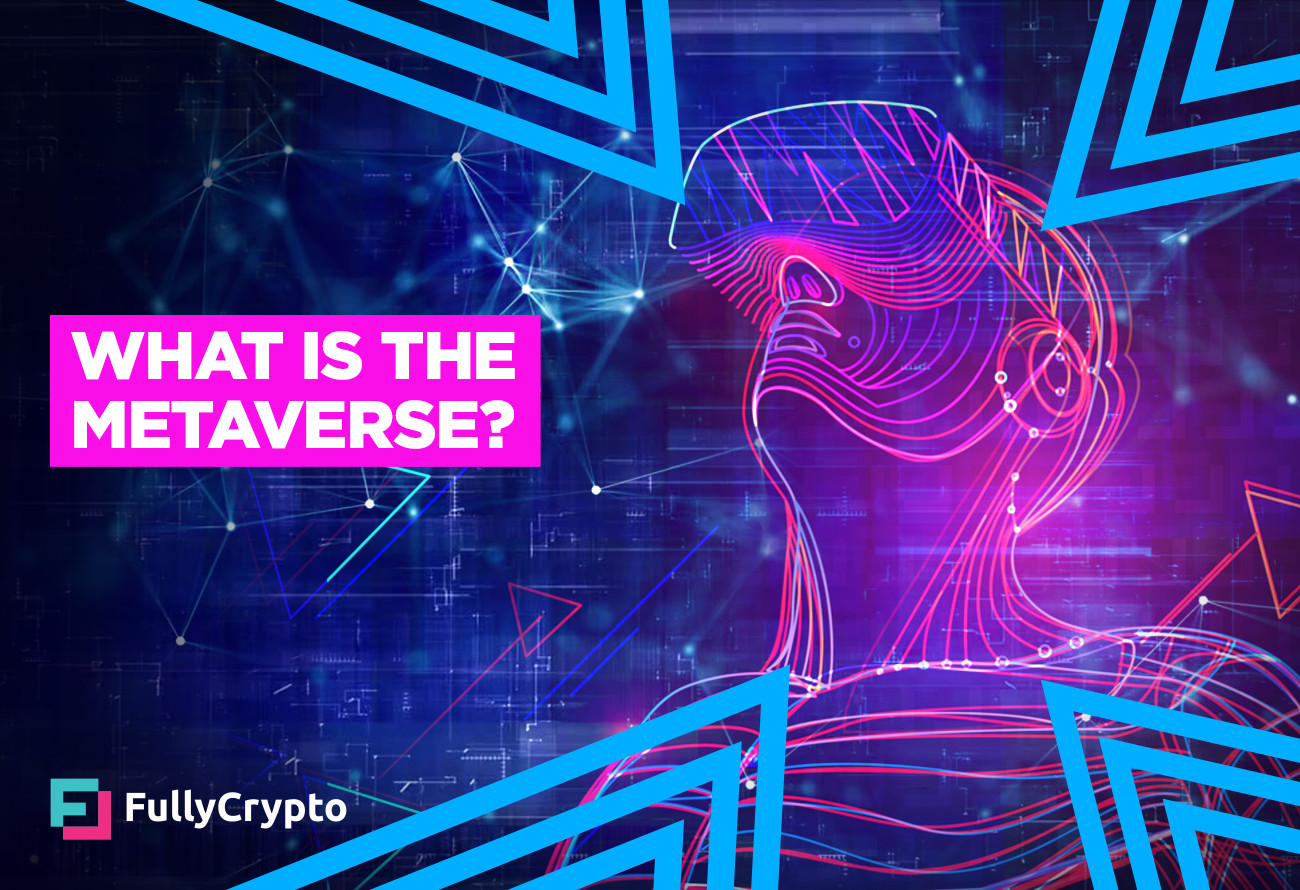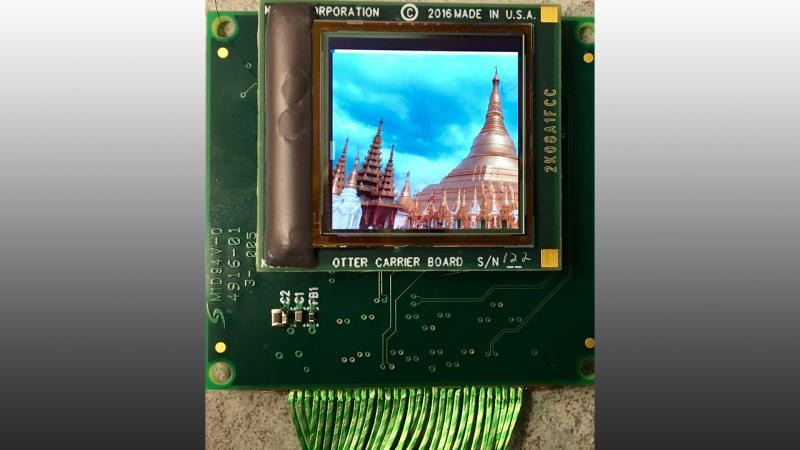A Glimpse into the Metaverse: The Future of Our Interactions
The Metaverse, a term coined by science fiction author Neal Stephenson in his 1992 novel Snow Crash, is slowly but surely becoming a reality. It refers to a persistent, shared virtual world where people can interact with each other, create content, and experience things in ways that were previously impossible. Think of it as an immersive internet, where you can not only browse websites but also live, work, and play within a virtual space.
The Building Blocks of the Metaverse
The Metaverse is not a single platform but rather a collection of technologies and experiences that are interconnected. Some of the key components include:
Virtual Reality (VR)
VR technology immerses users in a digital environment through head-mounted displays, allowing them to interact with virtual objects and people. Think of games like Half-Life: Alyx or Beat Saber, which showcase the power of VR to create engaging and immersive experiences.
Augmented Reality (AR)
AR technology overlays digital information onto the real world through devices like smartphones or smart glasses. Imagine using your phone to scan a product and see its reviews or specifications overlaid on the product itself. Pokemon Go is a popular example of how AR can enhance real-world interactions.
Blockchain
Blockchain technology is used to secure transactions and manage digital assets within the Metaverse. It ensures transparency and immutability, allowing users to own and trade virtual assets with confidence.
Artificial Intelligence (AI)
AI plays a crucial role in developing personalized experiences and creating realistic virtual characters. From chatbots that provide support to AI-powered avatars that can interact with users, AI is transforming how we interact in the Metaverse.
The Promise of the Metaverse
The Metaverse holds immense potential for various sectors. Here are some of the key benefits:
Enhanced Social Interactions
The Metaverse can bridge geographical distances, allowing people to connect with each other regardless of their location. It can also create new opportunities for socializing, collaboration, and even dating. Think of virtual concerts, social events, and even virtual therapy sessions.
New Opportunities for Work and Education
The Metaverse can transform how we work and learn. It can facilitate remote collaboration, offer immersive training programs, and even provide access to education from anywhere in the world. Imagine attending a virtual university or collaborating with colleagues on a virtual project in a shared virtual space.
Immersive Entertainment Experiences
The Metaverse can revolutionize the entertainment industry by offering new and immersive experiences. From virtual concerts and sporting events to interactive games and virtual theme parks, the possibilities are endless. Imagine experiencing a virtual roller coaster ride or watching a live concert with friends from around the world.
Innovation and Economic Growth
The Metaverse can foster innovation and economic growth by creating new industries and jobs. It can also encourage entrepreneurship and provide new avenues for businesses to reach consumers. Think of virtual marketplaces, digital fashion brands, and even virtual real estate.
The Challenges of the Metaverse
While the Metaverse promises a brighter future, it also poses several challenges. These include:
Privacy and Security Concerns
As with any online platform, privacy and security are major concerns in the Metaverse. Data breaches, identity theft, and cyberattacks are potential risks that need to be addressed. Ensuring user privacy and protecting sensitive information is crucial for building trust and fostering widespread adoption.
Ethical Considerations
The Metaverse raises ethical questions about the nature of reality, ownership, and digital identity. For example, how do we define ownership of digital assets in a virtual world? How do we ensure fairness and inclusivity in a digital space that is not bound by physical limitations? These are questions that need to be carefully considered as the Metaverse evolves.
Accessibility and Equity
The Metaverse should be accessible to everyone, regardless of their socioeconomic background or physical abilities. Ensuring inclusivity and equitable access is essential for creating a truly immersive and engaging virtual world. This involves addressing issues like affordability, accessibility, and inclusivity of technology.
The Future of the Metaverse
The Metaverse is still in its early stages of development, but its potential is undeniable. It has the power to transform how we live, work, and interact with the world around us. As technology continues to evolve, the Metaverse will likely become more immersive, realistic, and accessible. However, it is essential to address the challenges associated with its development to ensure a safe, inclusive, and ethical future for this virtual world.
The Metaverse is Here: Are You Ready? The metaverse is an emerging technology that holds immense potential. It can reshape how we connect, work, and consume entertainment.
Conclusion
The Metaverse is a fascinating concept with the potential to revolutionize our world. It is a space where our physical limitations are removed, and our imaginations can run wild. However, it's important to approach its development with caution and to consider the ethical and societal implications it brings. As we move towards a more interconnected digital world, the Metaverse is a key player shaping our future. It is up to us to ensure that its evolution benefits everyone and creates a more inclusive and equitable world.


















